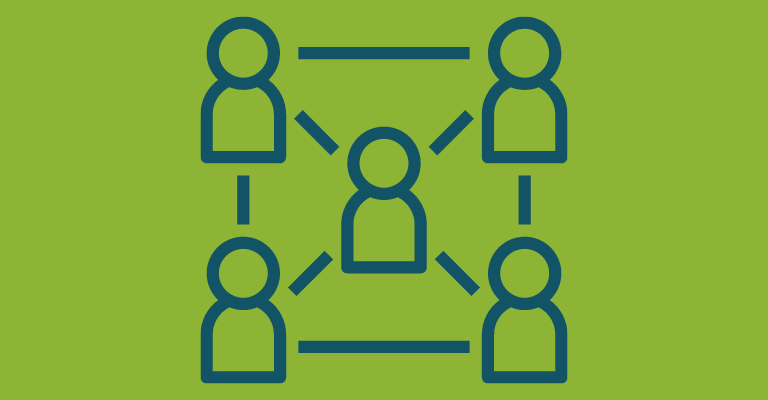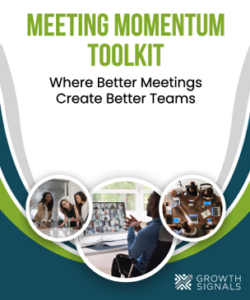Relationship building is a critical component of building resilience in the workplace.
When employees feel connected to one another and to their leaders, they are more likely to feel supported, engaged, and motivated in their work.
Why Relationship Building is Important for Building Resilience in the Workplace
Social support
Social support can help employees cope with stress and adversity, as they have someone to connect with to get through the hard times.
When employees feel that they have people they can turn to for help or advice, they are better equipped to handle challenging situations and maintain a positive outlook.
Collaboration
When employees feel comfortable working with one another and sharing ideas, they are more likely to come up with creative solutions to problems and support one another through difficult times.
Trust
When employees trust their colleagues and leaders, they are more likely to feel confident in their ability to handle unexpected challenges and adapt to changing circumstances.
According to Gallup research, employees who trust their employers experience 74% less stress and 40% less burnout.
Job Satisfaction
Research from The Institute for Leadership & Management shows that “relationships with colleagues were considered one of the most important factors in determining job satisfaction by 77% of respondents.”
When employees feel valued and supported by their colleagues and leaders, they are more likely to feel motivated and committed to their work, even in the face of adversity.
Strategies for Promoting Relationship Building in the Workplace
Promoting relationship building in the workplace is essential for building resilience and creating a positive work environment.
Here are some strategies that organizations can use to promote relationship-building:
Encourage Team Building Activities
Activities like team lunches, social events, or team-building exercises can help employees get to know one another outside of the workplace and build stronger connections. If at all possible, schedule these activities during work time.
Before scheduling activities, get team input on what they’d like to do. Team members can alternate planning these events or plan them together, instead of it always falling on the leader.
Foster Open Communication
Encourage employees to share their ideas, concerns, and feedback with one another and with their leaders.
Leaders should also strive to be transparent and open in their communication with employees.
Provide Opportunities for Collaboration
By working together on a common goal, employees can build stronger connections and learn to appreciate one another’s strengths and abilities.
Lead by Example
By showing an interest in their employees’ lives and well-being, and by fostering a supportive and positive work environment, leaders can set the tone for strong relationships and build trust among employees.
Conclusion
Relationship building is an essential component of workplace resilience.
By promoting positive relationships among employees and with their leaders, organizations can create a supportive and positive work environment that can help employees cope with stress and adversity.
Strategies such as team building activities, open communication, collaboration, and leading by example can help foster these relationships.
The benefits of relationship building for workplace resilience include increased social support, improved communication, enhanced problem-solving skills, and increased job satisfaction and motivation.
Ultimately, investing in relationship building can lead to a more resilient and successful workplace.



